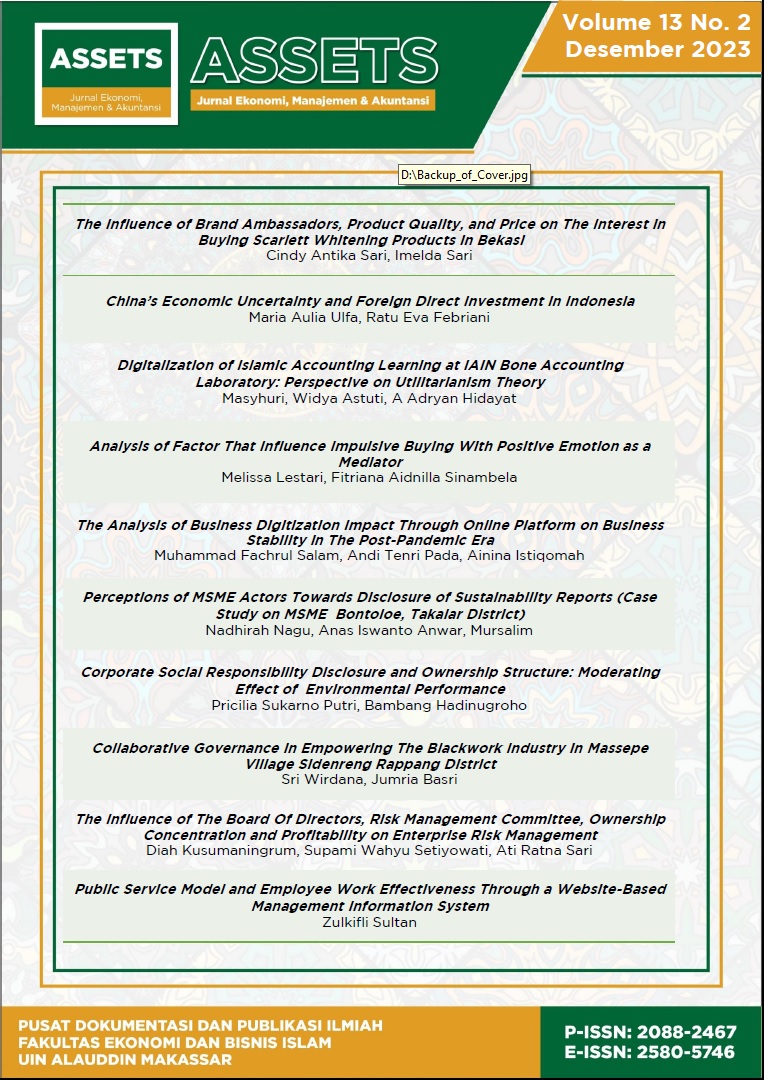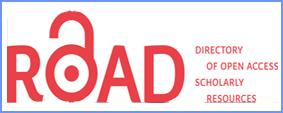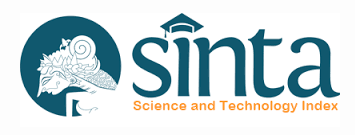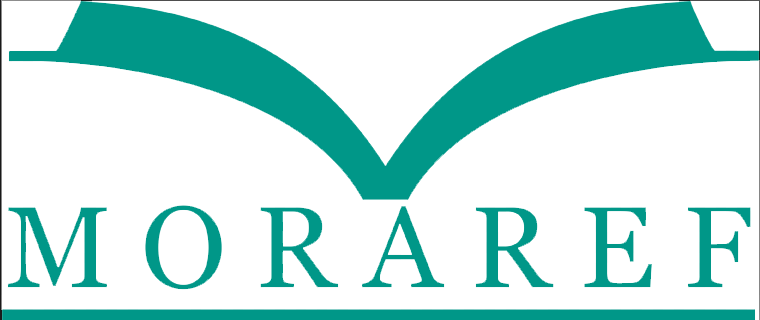DIGITALIZATION OF ISLAMIC ACCOUNTING LEARNING AT IAIN BONE ACCOUNTING LABORATORY: PERSPECTIVE ON UTILITARIANISM THEORY
Abstract
This Research aims to develop Islamic accounting learning media through the perspective of digitalization-based utilitarianism theory as part of digital transformation. Media developed by utilizing social media accounting laboratory IAIN Bone. This research is a Research and Development (R&D) research with an orientation to develop a research product. Research starts from needs analysis, planning, product development, expert validation, and revision. To measure its effectiveness, limited field tests are used. The results of this study conclude the availability of learning media for the subject of Islamic accounting material that has been tested for effectiveness based on utilitarianism theory which is useful as celebrity digital content and received a positive response from students. The implication of this research is to be an input to educators and laboratories to be sensitive and able to optimize digitalization of learning as an accountable and useful digital transformation effort.
References
Abdul Haris, Asep Jihad. 2013. Learning Evaluation. Yogyakarta: Multi Pressindo.
Aghni, Rizqi Ilyasa. Functions and Types of Learning Media in Accounting Learning. Indonesian Journal of Accounting Education, Vol. XVI, No. 1, Year 2018.
Ahmadi, Ahmad. Supriyono. (2014). Psychology of Learning. Jakarta: PT. Rineka Cipta.
Ardiansyah., The Effectiveness of Youtube-Based Trading Company Accounting Independent Practicum During Covid-19. Indonesian Journal of Accounting & Finance Studies. Vol. 3 No.2 Year 2020.
Arshad, Azhar. Learning Media. Jakarta : PT. Raja Grafindo Persada.2014.
Cerya, Efni. Afdal, Zul. Susilowibowo, Joni. Android-Based Accounting Digital Learning Media for High School Students. Ecogen Journal. Vol. 4 No.4.2021.
Ferdiansyah, Andi, Mukmin, and Susandra, Learning Effectiveness of Digital-Based Accounting Introduction Course on the Perspective of Accounting Lecturers (Case Study at Higher Education in Bogor). Karimah Tauhid Journal, Volume 1 Number 1 (2022).
Fidaaulhaq, Muhammad, The Scope of Sharia Accounting in Indonesia, https://www.kompasiana.com.
Hadi, Dudi Abdul, Development of Sharia Accounting Theory in Indonesia, Journal of Multiparadigm Accounting Vol. 9 No. 1 Year 2018.
Ilyas, Rahmat, Sharia Accounting as an Information System, Journal of Sharia Accounting. Vol. 4 No. 2 of 2020.
Kasiram, Moh., Qualitative-Quantitative Research Methodology, Malang: UIN Malang Press, 2008.
Latifah, Lyna. Susilowati, Nurdian. "Accounting Learning Innovation Based on Blended Learning". Journal of Economic Education Educational Dynamics. Vol. 6 (2) Year 2011.
Masyhuri. Integration of Sipakatau, Sipakainge, Sipakalebbi in an Effort to Realize Superior Educator Accountants. Journal of the Indonesian Multiparadigm Accounting Society. Vol.1 (2) Year 2015.
Mayangsari R, Galuh Nashrullah Kartika and Hasni Noor, The Concept of Maqashid al-Sharia in Determining Islamic Law: The Perspective of al-Syatibi and Jasser Auda, al-Iqtishadiyah: Journal of Sharia Economics and Sharia Economic Law. Vol. 1 (1) Year 2014.
Moleong, Lexy J., Qualitative Research Methodology, Bandung: PT. Remaja Rosdakarya, 2006.
Mustika, Tri Krisna Yoga. "The Effect of Experience, Professional Commitment, Organizational Commitment, Idealism, and Relativism, on Auditor Ethics. E-Journal of Accounting Udayana University. Vol.18(3) Year 2017.
Nazir, Moh., Research Methods, Jakarta: Ghalia Indonesia, 2003.
Nahar. Novi Irwan. Application of Behavioristic Learning Theory in the Learning Process. Journal of Social Sciences. Vol.1 December 2016
Pratama, Bima Cinintya et al. Application of Sharia Accounting Theory and Practice Based on Sharia Principles, Acquisition: Journal of Accounting and Finance. Vol. 13 No. 2 Year 2017.
Pratiwi, Endang et al. Jeremy Bentham's Utilitarianism Theory: Legal Objectives and Legal Product Testing Methods, Journal of the Constitution. Vol. 19 No. 2 of 2022.
Rustan, Maqashid al-Sharia in al-Syatibi Thought, Paper Delivered at the Lecture Seminar on Islamic Humum Thought Course at the UIN Alauddin Makassar Postgraduate Program, January 23, 2022.
Sanjaya, Vienna. Learning Communication Media. Jakarta: Kencana. 2014.
Sudjana, Nana and Awal Kusuma, Research Proposal in Higher Education, Bandung: Sinar Baru Algensindo, 2008.
Suherman, Lukas Pamungkas, Analysis of the Importance of Islamic Boarding School Accounting: A Study at al-Matuq Sukabumi Islamic Boarding School, Indonesian Journal of Applied Accounting. Vol. 2 No. 2 of 2019.
Triwibowo, Cecep. Basic Introduction to Public Health Sciences. Nuha Medika:Yogyakarta.2015.
Triyuwono, Iwan." Third Eye: Se' Laen the liberator of the higher education system of accounting. Journal of Multiparadigm Accounting. Vol.1 (1) Year 2010.
Wibowo, Dwi Edi, Application of the Concept of Utilitarianism to Realize Fair Consumer Protection: Review of Financial Services Authority Regulation No. 1/POJK.07/2013 concerning Consumer Protection in the Financial Services Sector, Sharia: Journal of Law and Thought. Vol. 19 No. 1 Year 2019.
Copyright (c) 2023 Assets : Jurnal Ekonomi, Manajemen dan Akuntansi

This work is licensed under a Creative Commons Attribution-NonCommercial-ShareAlike 4.0 International License.










